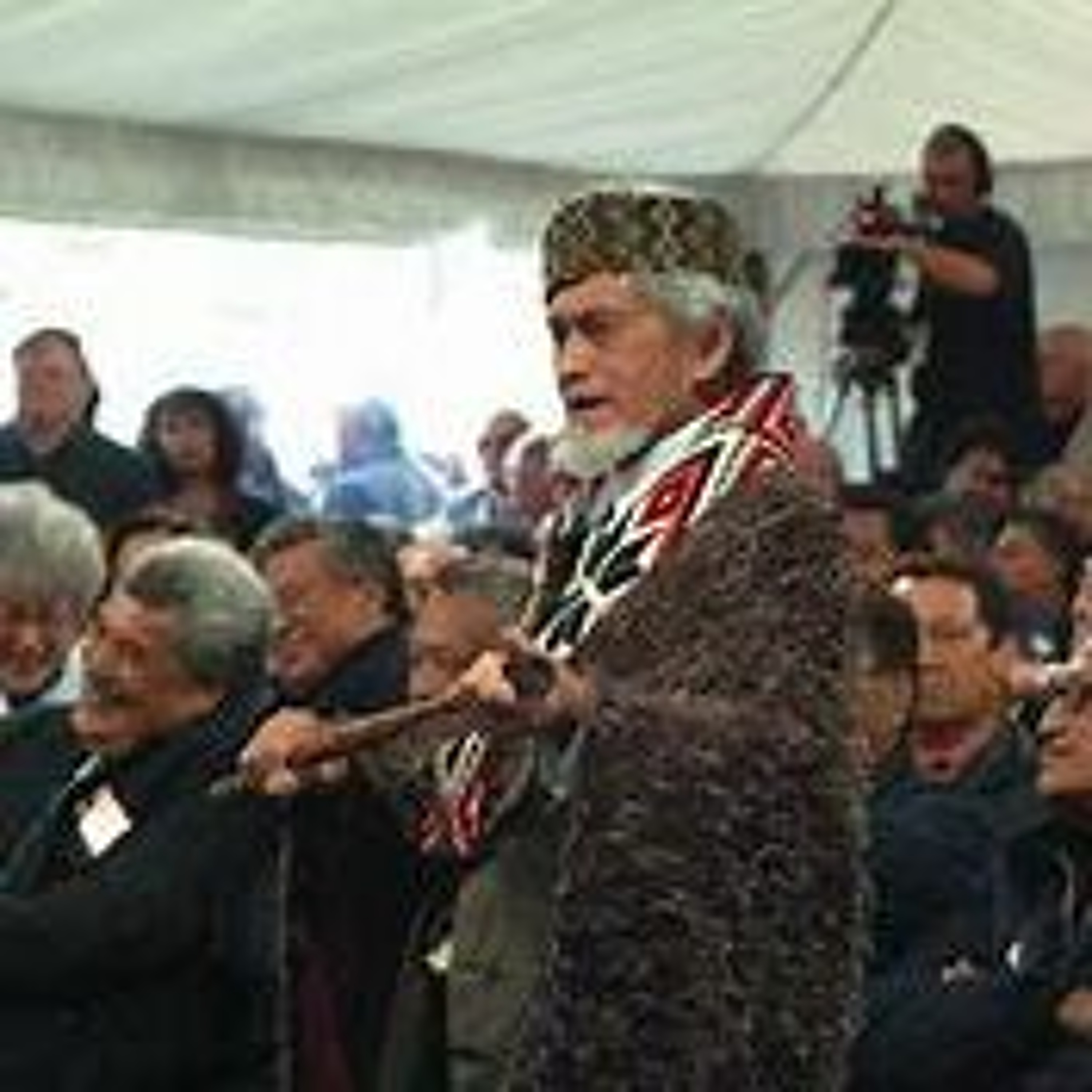Ko oku taringa ke i kite, ko oku karu ke i rongo - unique idioms of Nga Rauru, Whanganui & Taranaki

b'K\\u012bwaha? What is it and why is it so important to the survival of the M\\u0101ori language? Professor Wharehuia Milroy describes k\\u012bwaha as a unique language expression derived from the personal learning experience of the author during an event. It may make no sense to anyone else but the author, their immediate family, or people. K\\u012bwaha can be termed as an informal language tool, slang or idiom that expresses the emotional state of a speaker.\\n\\nIn support of the revitalisation of the M\\u0101ori language, we have selected 10 k\\u012bwaha from Ng\\u0101 Rauru, Whanganui and Taranaki. These are all presented using our M\\u0101ori language and our special mita (rhythm). That is the \\u201ch\\u201d is not strongly enunciated when Taranaki, Whanganui and Ng\\u0101 Rauru speak.\\n\\nToday\\u2019s k\\u012bwaha is \\u201cKo \\u014dku taringa k\\u0113 i kite, ko \\u014dku karu k\\u0113 i rongo.\\u201d Its English equivalent can be termed as, \\u201cIt was my ears that saw and my eyes that heard\\u201d. \\n\\u201cE hoa, i rawe ai te t\\u016b a Wharehuia n\\u0113?\\u201d \\u201c\\u0100e! Ko \\u014dku taringa k\\u0113 i kite, ko \\u014dku karu k\\u0113 i rongo \\u014dna rahi!\\u201d\\n\\u201cMy friend, wasn\\u2019t Wharehuia inspiring?\\u201d \\u201cIndeed! It was my ears that saw and my eyes that heard everything.\\u201d\\nPhoto Credit: https://www.google.com/'